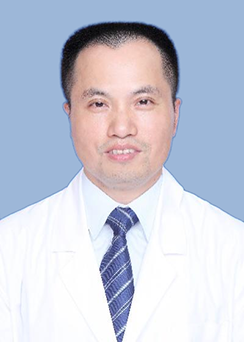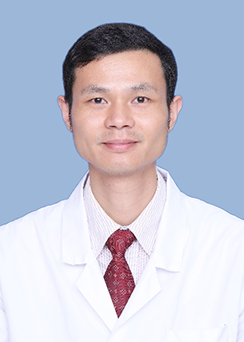Blood Transfusion
Overview
The Department of Blood Transfusion of SRRSH, established in 1999, adheres to the principle of “providing safe blood for clinical use”, and focuses on blood groups and compatibility. Depending on the Blood Transfusion Practitioner Training Base and Advanced Blood Transfusion Treatment Center of Zhejiang province, we strive hard and forge ahead to become the province's demonstrational and leading blood transfusion department. Our department has made great efforts and been devoted to excellence in professional technologies such as suspicious blood groups, antibody identification, gene typing, transplantation matching, and therapeutic apheresis. We are always devoted to practical work such as transfusion compatibility testing and closed-loop management in order to achieve the goal of accurate and safe blood transfusion. With a sound quality control system, we have been accredited by the China National Accreditation Service for Conformity Assessment (CNAS) with ISO15189, assuring clinical blood quality and safety. The department has multiple sub-specialty teams, including the Blood Transfusion Clinic, Blood Group Serology, Quality Management, Apheresis Therapy, Transplant Matching, Neonatal Hemolysis, Blood Transfusion Testing, etc. Each team is led by experienced professionals to ensure the professionalism and efficiency of various clinical services. Currently, there are 31 physicians and technicians including 5 senior professionals, 5 licensed physicians, and 3 doctoral degree holders. 62% of them hold a doctoral or master's degree. There are 14 nursing staff at present. The team has a superior academic structure and strong technical force. With professional competence, rigorous attitude, and high-quality service, we play a key role in ensuring the safety of clinical blood transfusion.
Technical advantages
Blood transfusion treatment: the department annually releases 21,000 units of red blood cells, 5 million milliliters of plasma, 50,000 units of platelets, and 10,000 units of cryoprecipitate. Every year, 600 cases of suspicious blood group, 30 cases of subgroup identification, 350 cases of irregular antibody identification, and 250 cases of difficult cross-matching blood samples are carried out.
Blood group genotyping and transplantation matching: every year, 100 cases of ABO blood group genotyping, 150 cases of HLA genotyping, and 150 cases of panel reactive antibody detection are carried out. Our department at the Qiantang Campus conducts neonatal hemolytic disease screening and detects 260 cases of neonatal hemolytic disease each year.
Therapeutic hemapheresis: The apheresis therapy is applied to patients before general elective surgery, as well as patients with pancreatitis, psoriasis, systemic lupus erythematosus, severe influenza A, autoimmune hemolytic anemia, drug-induced hemolytic anemia, rhabdomyolysis, hemolytic uremic syndrome, autoimmune encephalitis, neuromyelitis optica, and Guillain-Barre syndrome. The number of patients treated with apheresis therapy is around 1000.
Treatment with platelet-rich plasma (PRP): the application of PRP therapy is expanded to the fields such as orthopedics, wound healing, plastic and aesthetic surgery, and reproductive medicine.
Academic status
The Department of Blood Transfusion of SRRSH is the joint reference laboratory of blood group gene detection at the National Center for Clinical Laboratories of the Ministry of Health
Provincial base for standardized training of practitioners in blood transfusion department (blood bank) of medical institutions in Zhejiang Province
Advanced Blood Transfusion Treatment Center of Zhejiang Province
Executive Deputy Director Unit of the Clinical Blood Quality Control Center of Zhejiang Province
Director Unit of the Committee of Clinical Blood Transfusion Management of Zhejiang province
Research achievements
In the past five years, the department has one General Program funded by the National Natural Science Foundation of China (NSFC), one Youth Program by NSFC, one jointly-funded program by Zhejiang Province and the Health Commission of Zhejiang Province, and five programs of Natural Science Foundation of Zhejiang Province. We have published more than 50 high-quality papers, of which over 30 have been included in SCI, with the highest impact factor of 11.2.
















